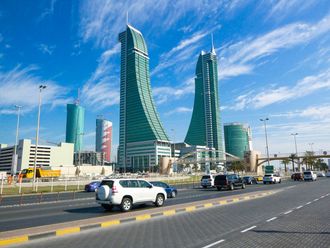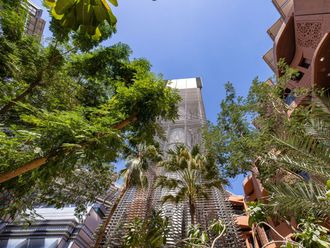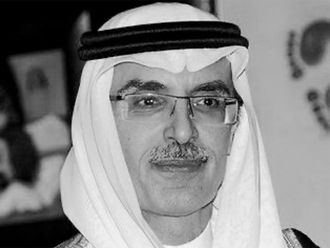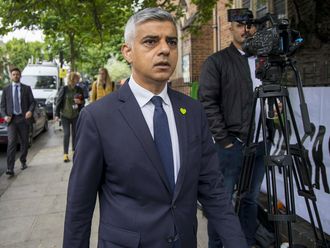Manama: On February 14, calls for reform were announced by Bahraini opposition parties and were initially supported by several Sunnis who had been pushing for a faster pace of change and more projects for enhancing living standards in Bahrain.
The protests, however, gained a new dimension after two demonstrators were killed by the police on the first and second day, and the movement moved to the Pearl Roundabout, near the central market. Crown Prince Salman sought to defuse the tension by ensuring that the military units stationed in the area returned to their barracks and by calling for a dialogue.
However, the opposition societies insisted they would not join in talks unless their conditions were met.
Tension deepened, particularly after a radical group in March called for a change of the political regime and the declaration of an Islamic republic.
They set up the National Unity Rally and held mass rallies. Highways were blocked, and Manama was brought to a standstill. The authorities, running thin on deployed troops, called in the Peninsula Shield. King Hamad Bin Eisa Al Khalifa on June 1 called for a national dialogue to help heal the rift within the nation and lay out plans for the future. On June 29, King Hamad set up the Bahrain International Commission of Inquiry (BICI) to look into what happened in Bahrain and to determine responsibilities.
The BICI highlighted abuses and violations, and its recommendations showed the way to address them to ensure there is no repeat of such unrest.












